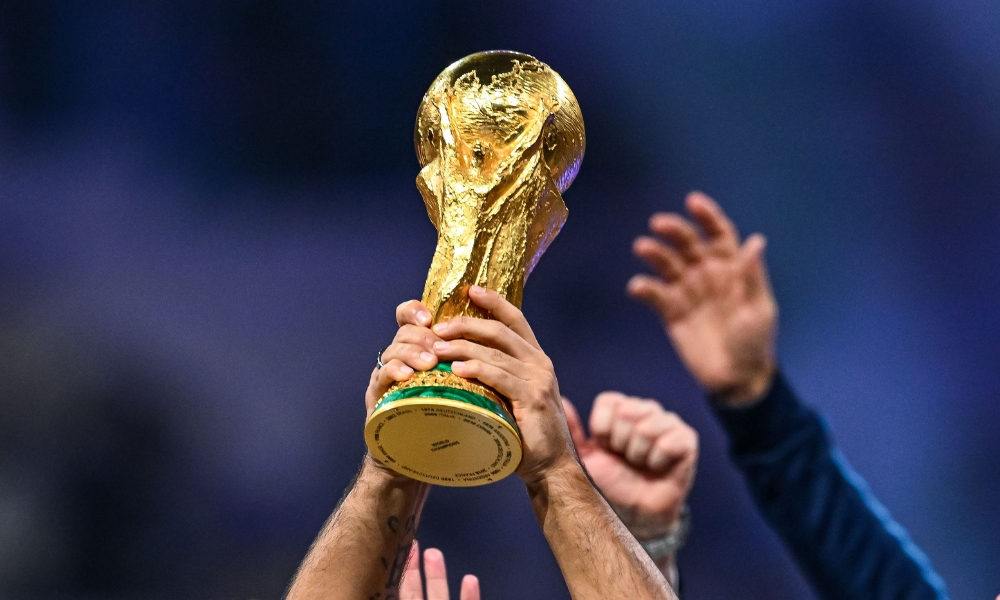The FIFA World Cup stands as the pinnacle of international football, bringing together the best national teams from around the world in a tournament that captivates billions of fans. Held every four years, this prestigious event showcases elite talent, historic rivalries, and unforgettable moments that shape the sport’s legacy. From Pelé’s brilliance in 1958 to Lionel Messi’s triumph in 2022, the World Cup has produced some of the most iconic chapters in football history. The tournament’s format, featuring qualification rounds and an intense knockout stage, ensures high-stakes drama, making it the most-watched sporting event globally.
Beyond the competition, the FIFA World Cup has a profound impact on host countries, driving economic growth, tourism, and infrastructural development. Each tournament introduces cutting-edge stadiums, innovative technology like VAR (Video Assistant Referee), and sustainability initiatives to leave a lasting legacy. Cultural exchange is also a key aspect, as fans from different backgrounds unite to celebrate their shared love for football. The event fosters global unity, reinforcing the sport’s power to bring people together beyond borders, languages, and differences.
Looking ahead, the future of the FIFA World Cup continues to evolve, with expanded formats and advancements in digital engagement. The 2026 edition, co-hosted by the United States, Canada, and Mexico, will feature 48 teams, increasing global participation. Meanwhile, innovations like AI-driven analytics, immersive fan experiences, and eco-friendly stadiums promise to redefine how the tournament is experienced. As football’s grandest stage, the FIFA World Cup remains a testament to the sport’s enduring passion, inspiring generations of players and fans worldwide.







Leave a Reply